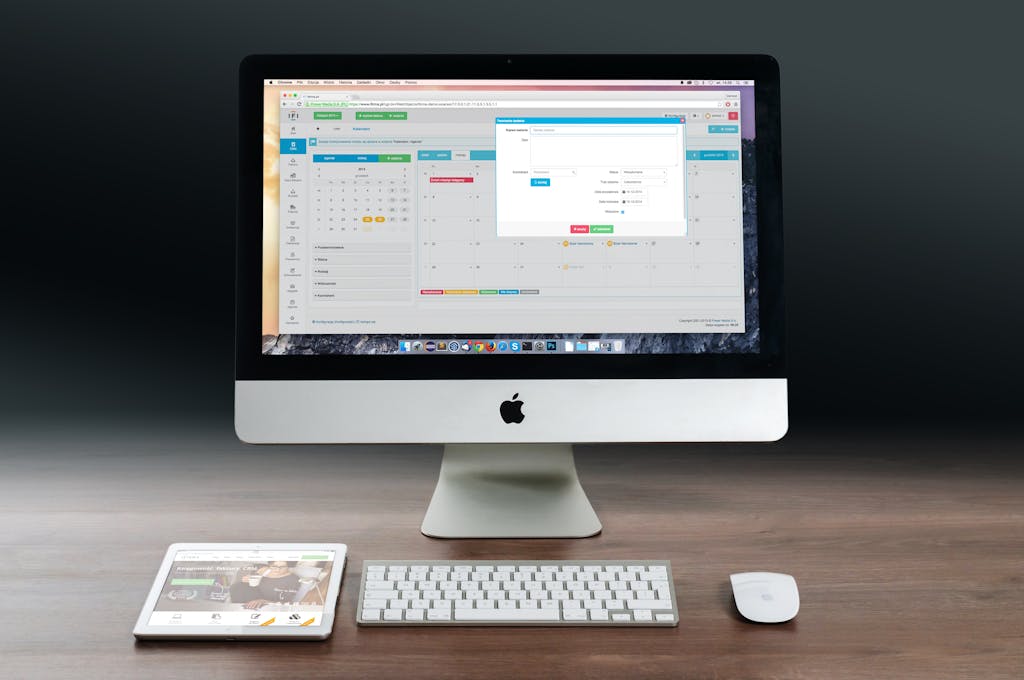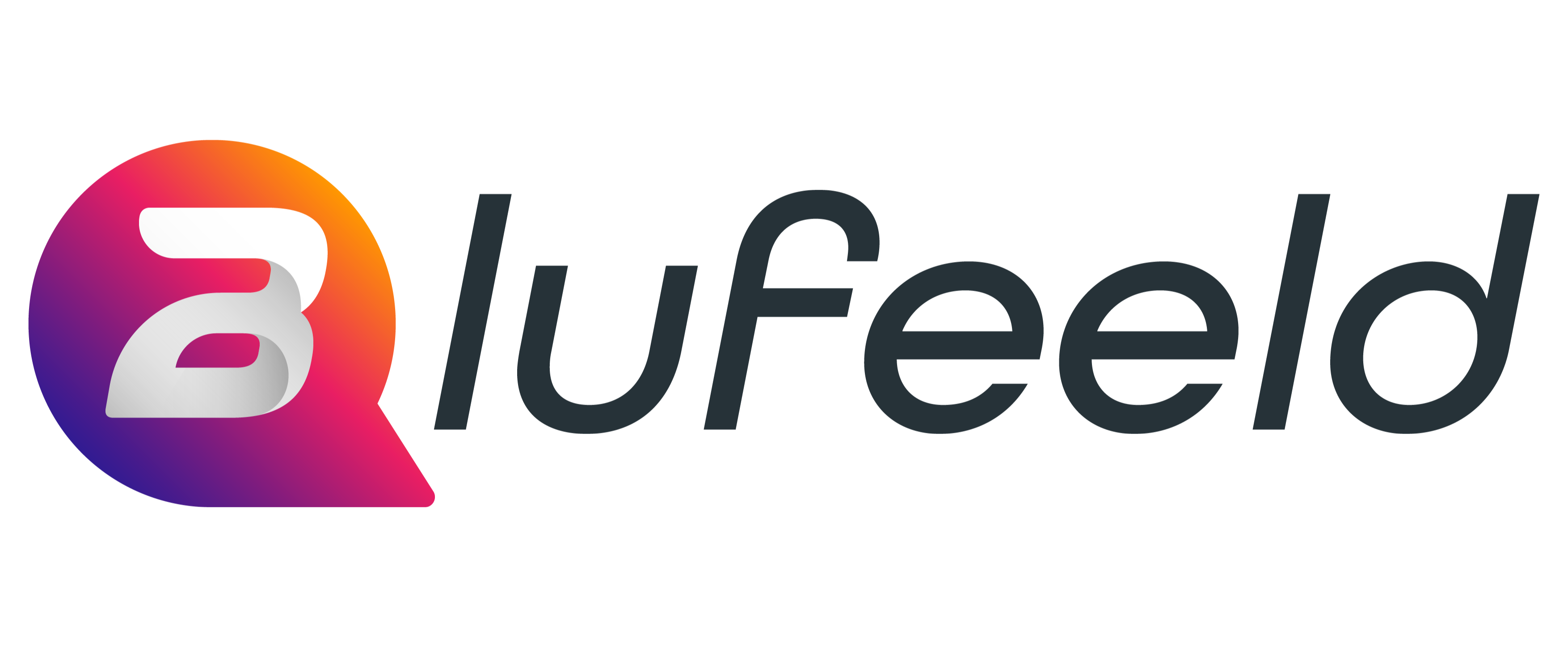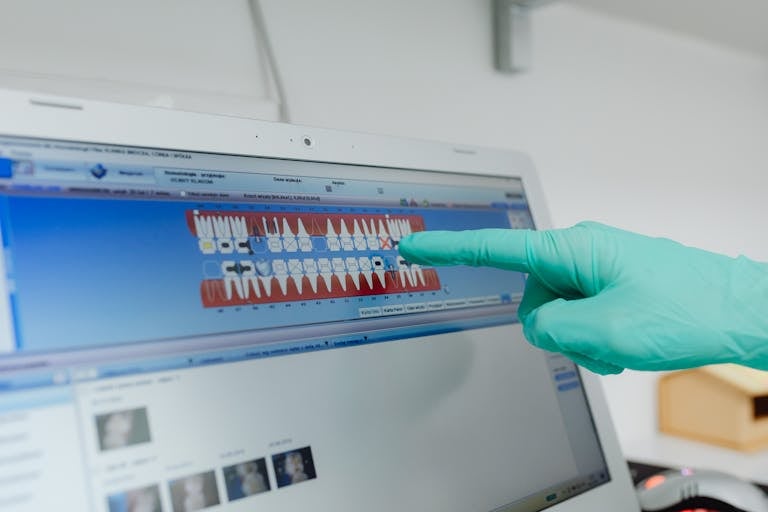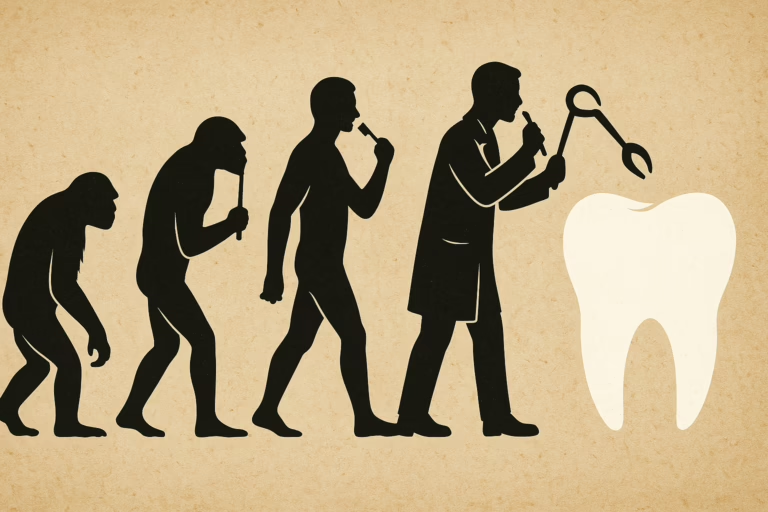Elevating Dental Practice Management
The Impact of Task Management Software on Accountability and Performance
In the complex ecosystem of a dental practice, maintaining accountability and effectively tracking performance are crucial for ensuring high-quality patient care and practice growth. However, without proper tools, many dental offices struggle to monitor task completion, identify bottlenecks, and assess individual staff performance. Task management software emerges as a powerful solution to these challenges, offering a new level of transparency and accountability in dental practice operations.

The Accountability Challenge in Dental Offices
Dental practices face several challenges when it comes to accountability and performance tracking:
- Difficulty in monitoring individual task completion
- Lack of objective data for performance reviews
- Challenges in identifying workflow bottlenecks
- Inconsistent task execution across different team members
- Inability to quickly address performance issues
How Task Management Software Enhances Accountability and Performance Tracking
- Clear Record of Task Assignments and Completions Task management software creates a detailed log of who is responsible for each task and when it’s completed. This clear record eliminates ambiguity and provides a factual basis for discussing performance.
- Real-time Performance Insights Managers can access real-time data on task completion rates, timeliness, and efficiency. This allows for immediate identification of issues and prompt intervention when necessary.
- Objective Performance Metrics The software provides objective data on task completion, which can be used in performance reviews. This reduces reliance on subjective assessments and provides a fairer basis for evaluations.
- Identification of Training Needs By analyzing task performance data, managers can identify areas where staff members might benefit from additional training or support.
- Improved Time Management With clear task assignments and deadlines, staff members can better manage their time, leading to improved overall performance.
- Enhanced Team Collaboration The transparency provided by task management software encourages team members to support each other, fostering a culture of collective accountability.
Implementing Task Management Software for Better Accountability
To maximize the accountability benefits of task management software:
- Clearly communicate the purpose of the software to all staff members, emphasizing its role in improving overall practice performance rather than as a surveillance tool.
- Establish clear performance expectations and metrics.
- Regularly review task completion data with individual staff members and as a team.
- Use the data to inform decisions about workflow improvements, training needs, and resource allocation.
Measuring the Impact on Practice Performance
After implementing task management software, dental practices often observe:
- Improved overall task completion rates
- Reduced delays in patient care processes
- More equitable distribution of workload among staff
- Increased staff motivation due to clear performance metrics
- Better ability to identify and address performance issues early
Balancing Accountability and Team Morale
While task management software provides powerful tools for accountability, it’s crucial to implement it in a way that maintains positive team morale:
- Focus on using the data for improvement rather than punishment
- Celebrate successes and improvements visible through the software
- Encourage staff input on how to use the software most effectively
- Ensure that the emphasis on task completion doesn’t compromise the quality of patient care
Conclusion
Task management software offers dental practices a transformative tool for enhancing accountability and performance tracking. By providing clear, objective data on task assignments and completions, it enables practices to operate more efficiently, address issues proactively, and foster a culture of continuous improvement.
In an era where dental practices must optimize their operations to remain competitive, embracing tools that enhance accountability is not just beneficial—it’s essential. Task management software provides the visibility and structure needed to elevate practice performance, ultimately leading to better patient outcomes and a more successful dental practice.
By leveraging these tools effectively, dental practices can create an environment where every team member understands their responsibilities, performance is fairly evaluated, and the entire practice works cohesively towards providing exceptional patient care.








